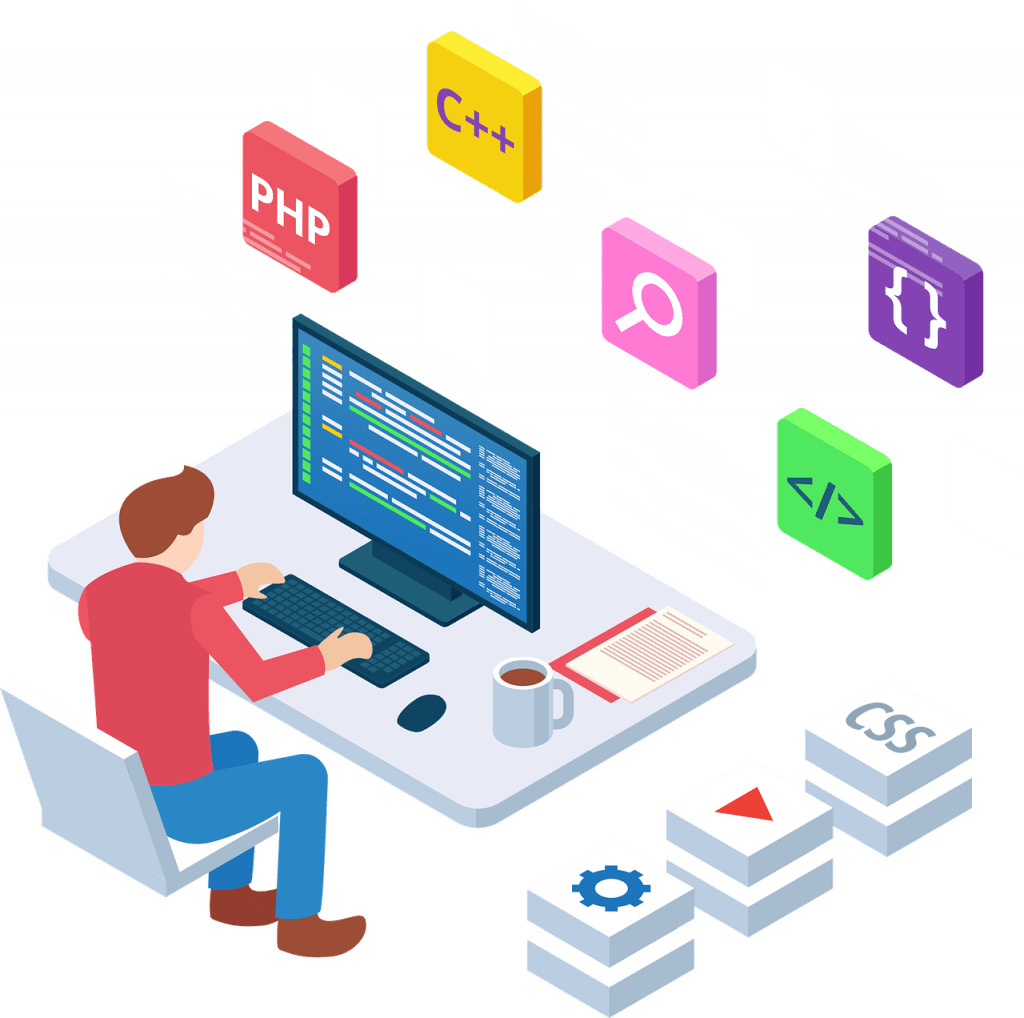
Languages and Frameworks: Unleashing the Power of Development Tools
In today’s rapidly evolving digital landscape, languages and frameworks play a pivotal role in web and software development. As an aspiring developer or even an experienced one, it’s crucial to have a solid understanding of these tools to optimize your coding abilities. In this guide, we will dive into the world of languages and frameworks, exploring their importance, differences, and best practices to help you navigate the vast realm of development with confidence.
Languages: Building Blocks of Coding
First and foremost, let’s clarify the distinction between languages and frameworks. Languages are the foundation of coding, providing developers with a set of rules and syntax to communicate with computers. They act as the building blocks upon which software and applications are developed.
The universe of programming languages is vast and diverse, each with its own strengths and purposes. Some of the most popular ones include:
Frameworks: Tools for Efficiency
While languages allow developers to communicate with computers, frameworks are tools that enhance efficiency by providing pre-written code and libraries. Frameworks simplify the development process by offering reusable components and standardized practices, saving developers time and effort.
Frameworks provide structure, guidelines, and additional functionality, allowing developers to focus on building innovative and powerful applications. Let’s explore some widely-used frameworks across various programming languages:
- React (JavaScript):
- Django (Python):
- Spring (Java):
- Angular (JavaScript):
- Ruby on Rails (Ruby):
- Laravel (PHP):
Choosing the Right Combination
Selecting the appropriate combination of languages and frameworks is a crucial decision in any development project. It depends on factors such as project requirements, scalability, community support, and personal preferences. Let’s explore how to make an informed choice:
- Project Requirements:
- Scalability and Performance:
- Community Support:
- Personal Preferences:
Best Practices for Effective Development
To ensure successful development projects, it’s essential to follow certain best practices when working with languages and frameworks. Here are some key tips to elevate your coding game:
- Stay Updated:
- Leverage Online Resources:
- Consistent Documentation:
- Maintain Good Coding Practices:
- Unit Testing:
- Continuous Learning:
Conclusion
Languages and frameworks serve as the building blocks and efficiency-enhancing tools of the development world. Whether you are a beginner or an experienced coder, understanding their importance and differences is vital for writing efficient and scalable code. By choosing the right combination, following best practices, and staying updated with industry trends, you can harness the power of languages and frameworks to create exceptional digital experiences.

I am a self-motivated, passionate website designer and developer. I have over ten years of experience in building websites and have developed a broad skill set including web design, frontend and backend development, and SEO.
Using my growing knowledge base I have built my own company (scriptedart.co.uk) creating websites, e-commerce stores and producing custom graphics and web app functionality for a range of local businesses.

